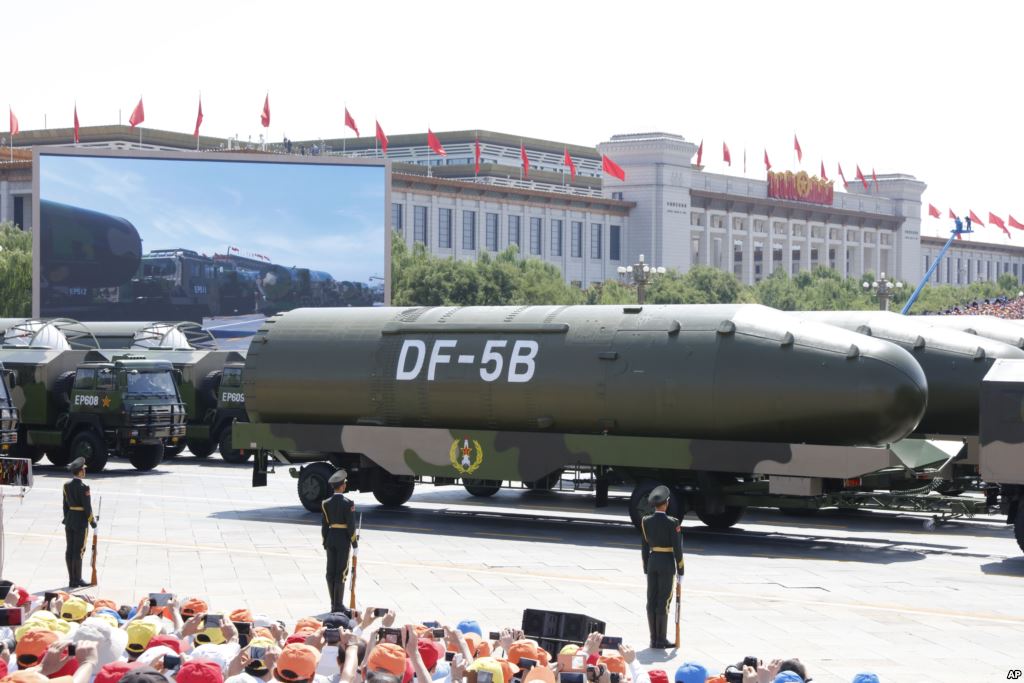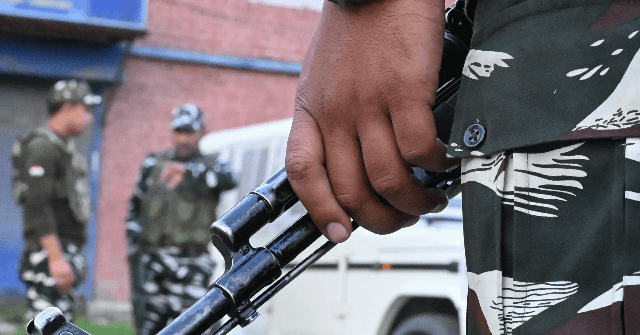Alexander Vindeman: "Stop Tiptoeing Around Russia" criticizing the U.S. Government for
"overstating the probability of nuclear war"
Former retired United States Army lieutenant colonel and Director for European Affairs for the United States National Security Council (until February 2020) Alexander Vindeman urges USA to "stop tiptoeing" around Russia and prioritize Ukraine's security over Russia (former USSR) threat to USA. Interesting article - below are some excerpts. Worth reviewing to see both points of view.
[To me, this is another demonstration of the need to have a separate USA Department of Defense from the USA Department of (Foreign) War. The priority of defense of the USA nation should be the main priority of those paid to defend our country, just like those in any other nation.]
Former USA military officer Vindeman writes: "Prioritizing Ukraine will require breaking the long-standing tradition of Russocentrism in trilateral U.S.-Ukrainian-Russian relations."
"President Joe Biden’s administration has come full circle with a risk assessment of Russia’s war in Ukraine that could have been drawn up by the ungroup, one that is more focused on the internal Russian consequences of the conflict than on the consequences for Ukraine itself. The Soviet Union is long gone, but concerns about instability, Russia’s nuclear arsenal, regional conflict, and bilateral confrontation remain. To avoid provoking Moscow, the United States has implicitly acknowledged Russia’s influence in an imagined post-Soviet geopolitical space in Ukraine. It has also often filtered its decisions about Ukraine policy through the prism of Russia, balancing its objectives in Ukraine against its need for Russia’s cooperation on arms control, North Korean and Iranian nuclear proliferation, climate change, the Arctic, and space programs, among other things."
"Misguided hope for a strategic partnership with a reformed Russia—or at the very least, a stable and predictable relationship with Moscow—seemed to outweigh much more achievable U.S. interests and investments in Ukraine in these years. The United States bought into the myth of Russian exceptionalism and deluded itself with distorted visions of the bilateral relationship, largely ignoring the signs of authoritarian consolidation within Russia and failing to heed the warnings from partners in the Baltics and Eastern Europe. Even worse, because of its desire to accommodate Russia, the United States dismissed democratic progress in Ukraine—for instance, in the aftermath of pro-democratic movements in 2004–5 and 2013–14—and undermined prospects for a more fruitful long-term relationship with Kyiv. U.S. policymakers justified this approach on the grounds that drawing Russia in as a responsible member of the international community would enable democratization in the region. Later, when Russia’s lurch toward authoritarianism became undeniable, they justified it on the basis of stability, succumbing to fears of a return to Cold War–era tensions."
"The United States was not necessarily wrong to pursue a mutually beneficial relationship with Russia. Where it erred was in continuing to pursue this objective long after there was no realistic chance of success, which should have been obvious by 2004, when Russia interfered in Ukraine’s elections on behalf of its preferred candidate, or at the very latest by 2008, when Russia invaded Georgia. Instead of looking for more cooperative partners, however, U.S. policymakers continued their futile courtship of Kremlin leadership. As a result, they passed up opportunities to invest in the U.S. relationship with Ukraine, which was always a more promising engine of democratization in the region."
"According to two former senior U.S. officials who worked on Ukraine policy, including one who served in the Biden administration, the senior leadership of the National Security Council has acted as a spiritual successor to the ungroup. NSC officials have sought to limit military support for Ukraine based on a familiar logic—that it might escalate tensions with Moscow and upset remaining hopes of normalizing relations with the Kremlin. Even as Biden, Secretary of State Antony Blinken, and Secretary of Defense Lloyd Austin have pledged to give Ukraine all the support it needs to win the war, NSC officials blocked the transfer of Soviet-era jets to Ukraine, declined to provide Ukraine with sufficient long-range air defenses to clear the skies of Russian planes, withheld the quantities of long-range rocket systems and munitions needed to destroy Russian targets within the theater of war, and halted discussion on the transfer of manned and unmanned aircraft required to neutralize Russian long-range attacks on Ukraine’s cities."
"According to former officials, the NSC leadership believes that the war will pose significantly greater risks to the United States and global stability if Ukraine “wins too much.” They wish to avoid the collapse of Putin’s regime for fear of the same threats the ungroup identified three decades ago: nuclear proliferation, loose nukes, and civil war. And they have sought to reduce the likelihood of a bilateral confrontation between the United States and Russia, even at the risk of greatly
overstating the probability of conventional and nuclear war. “While a key goal of the United States is to do the needful to support and defend Ukraine, another key goal is to ensure that we do not end up in a circumstance where we’re heading down the road towards a third world war,” said Jake Sullivan, who heads the NSC as Biden’s national security adviser, at the Aspen Security Forum last month. In this excessive concern over how Russia might react to U.S. policies, one can see the shadow of the ungroup."
"Planning for every contingency is a responsible way to manage national security threats, but lowest-probability worst-case scenarios should not dictate U.S. actions. By looking for off-ramps and face-saving measures, the ungroup’s successors are perpetuating indecision at the highest levels of the Biden administration. Time that is wasted worrying about unlikely Russian responses to U.S. actions would be better spent backfilling allies’ weaponry, training Ukrainians on Western capabilities, and expediting more arms transfers to Ukraine."
"To ensure the triumph of democracy in Ukraine, the United States must first change its thinking patterns and learn from decades of mistakes. Recognizing the poisonous Russocentrism of U.S. foreign policy is the first step toward a better approach to U.S.-Ukrainian relations. As Russia’s war effort falters and the prospect of a direct confrontation between the United States and Russia begins to look unthinkable once again, it will be tempting to revert to old ways of thinking and plan for normalized relations with a post-Putin Russia. But such an outcome would once again risk privileging Russia over Ukraine. Even if Putin is deposed or replaced through some other means, the United States should not assume Russia can change for the better; rapprochement must be earned, not given. By freeing itself from its Russocentrism, Washington will also be better able to engage with and listen to its partners in Eastern and northern Europe, which have greater proximity to and more clarity on national security threats from Russia. Their knowledge and expertise will be critical to Ukraine’s victory over Russia, future Ukrainian reconstruction, the prosecution of war crimes, prosperity in Eastern Europe, and eventually, the establishment of thriving democracies across Eurasia."
"Beneath the United States’ misplaced aspirations for a positive relationship with Russia lies immense hubris. Americans tend to believe they can accomplish anything, but perpetually discount the agency of their interlocutors. In truth, the United States never had the influence to unilaterally change Russia’s internal politics. But it did have the ability to nurture a more promising outcome with a more willing partner in Ukraine. Unless the United States fundamentally reorients its foreign policy, away from aspirations and toward outcomes, it will miss an even bigger opportunity to bring about a peaceful, democratic Eastern Europe."
For further context, also note that Alexander Vindeman was born in Kyiv, Ukraine as Александр Семёнович Виндман. While there is no boundaries from foreign born nationals in such positions in the USA NSC regarding specific regional foreign policy, it would be a fair and reasonable consideration to believe that it is also a "Conflict of Interest" (COI). If you were from another country, even though you are now a nationalized citizen in a different county, being in a position to direct foreign policy on your birth country should be a COI. Perhaps impossible to manage, but it would be a fair consideration in any other part of U.S. Government policy, with rigorous policies intended to identity and stop COIs.
And say “oh well” the risk is just to great or even worse claim he might be justified in doing so.










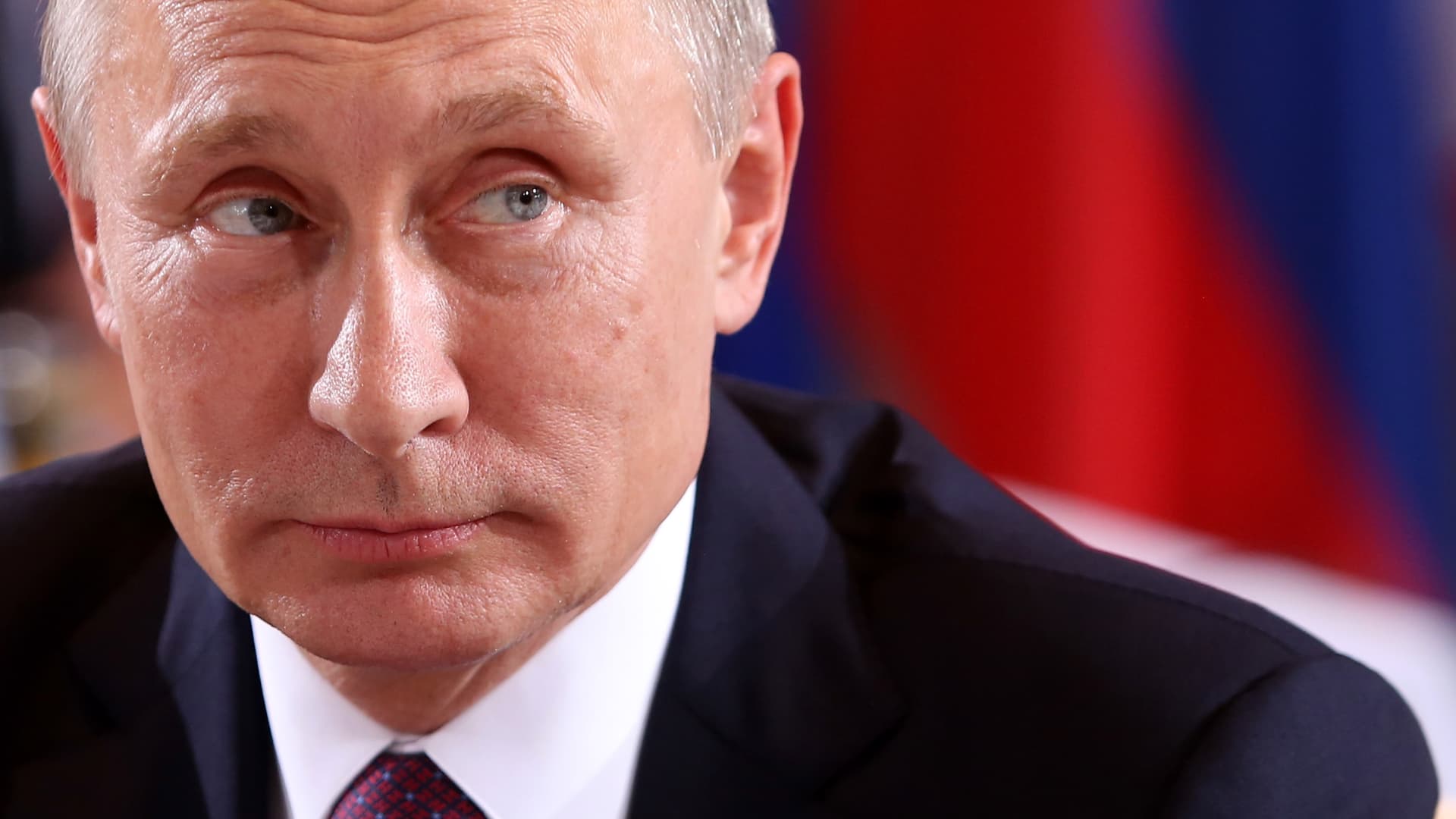
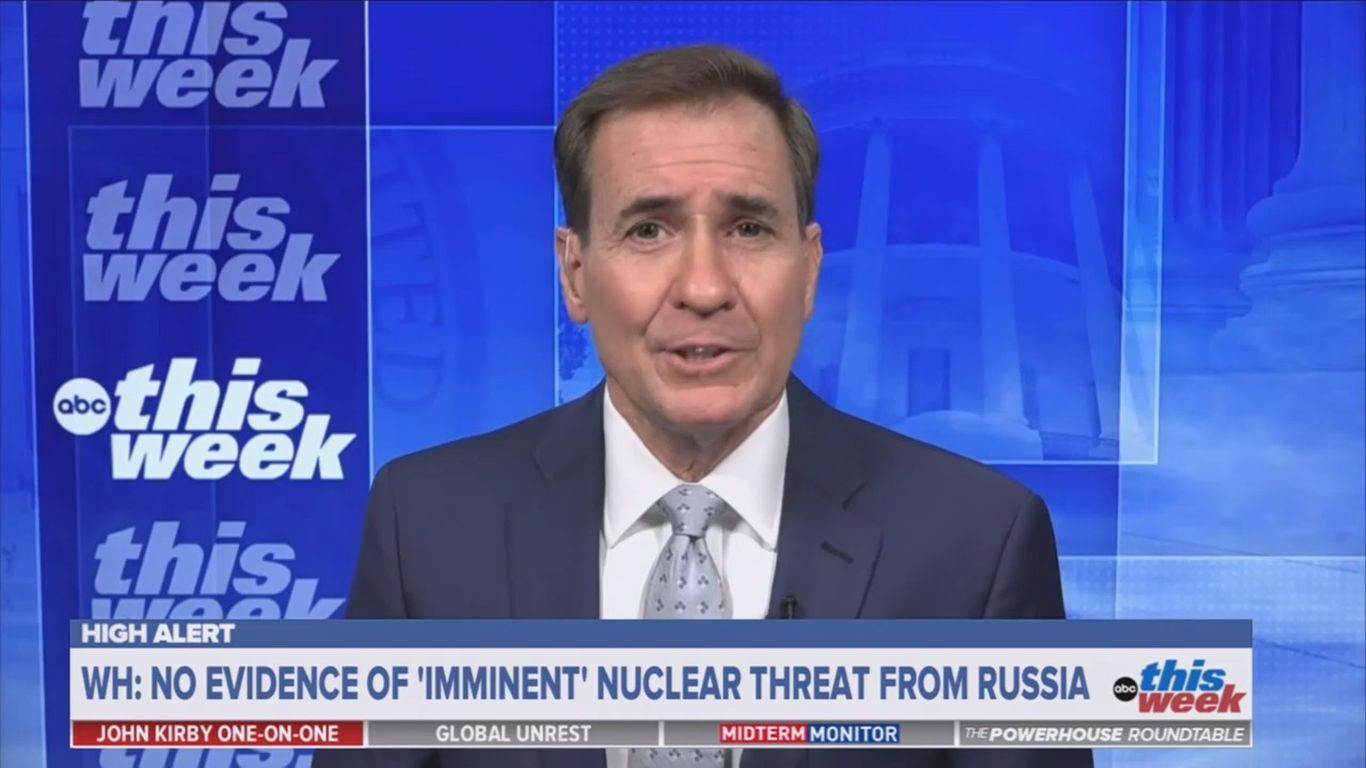


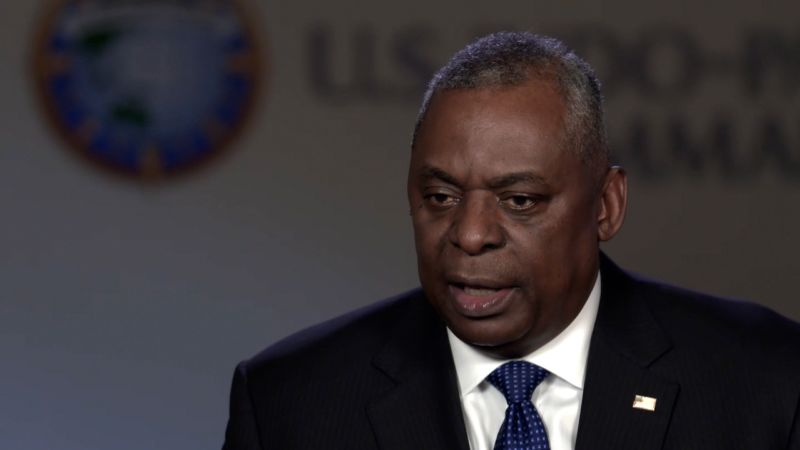

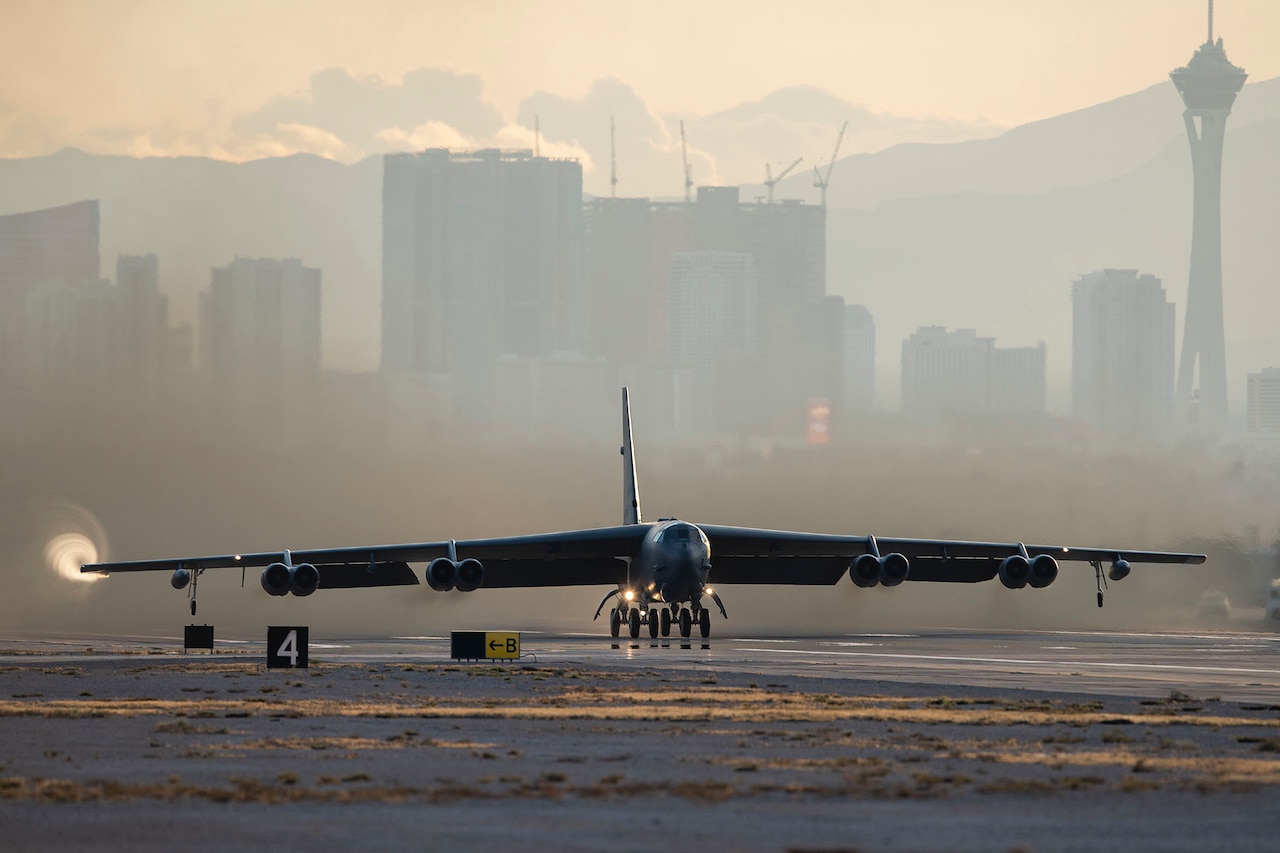


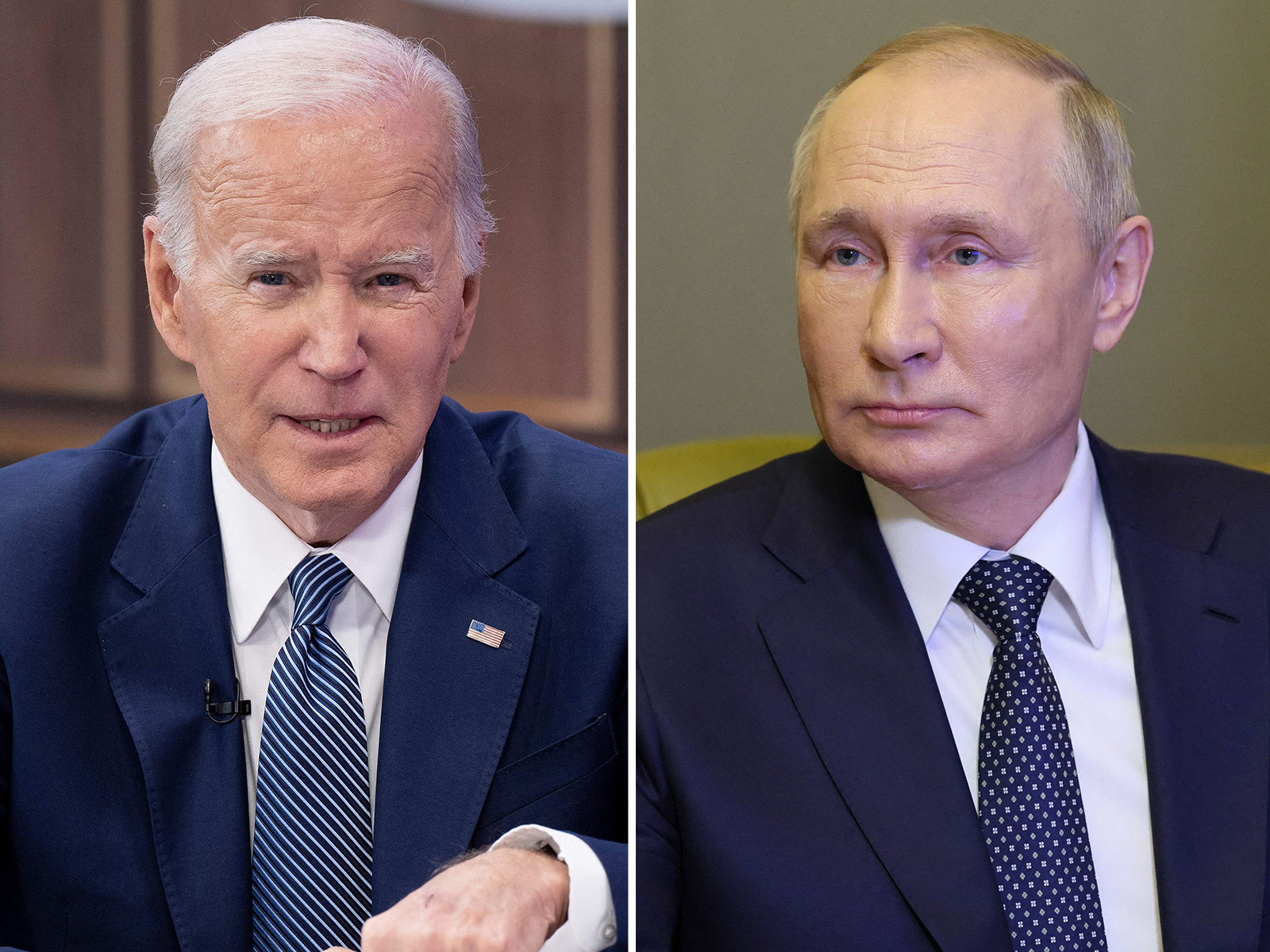
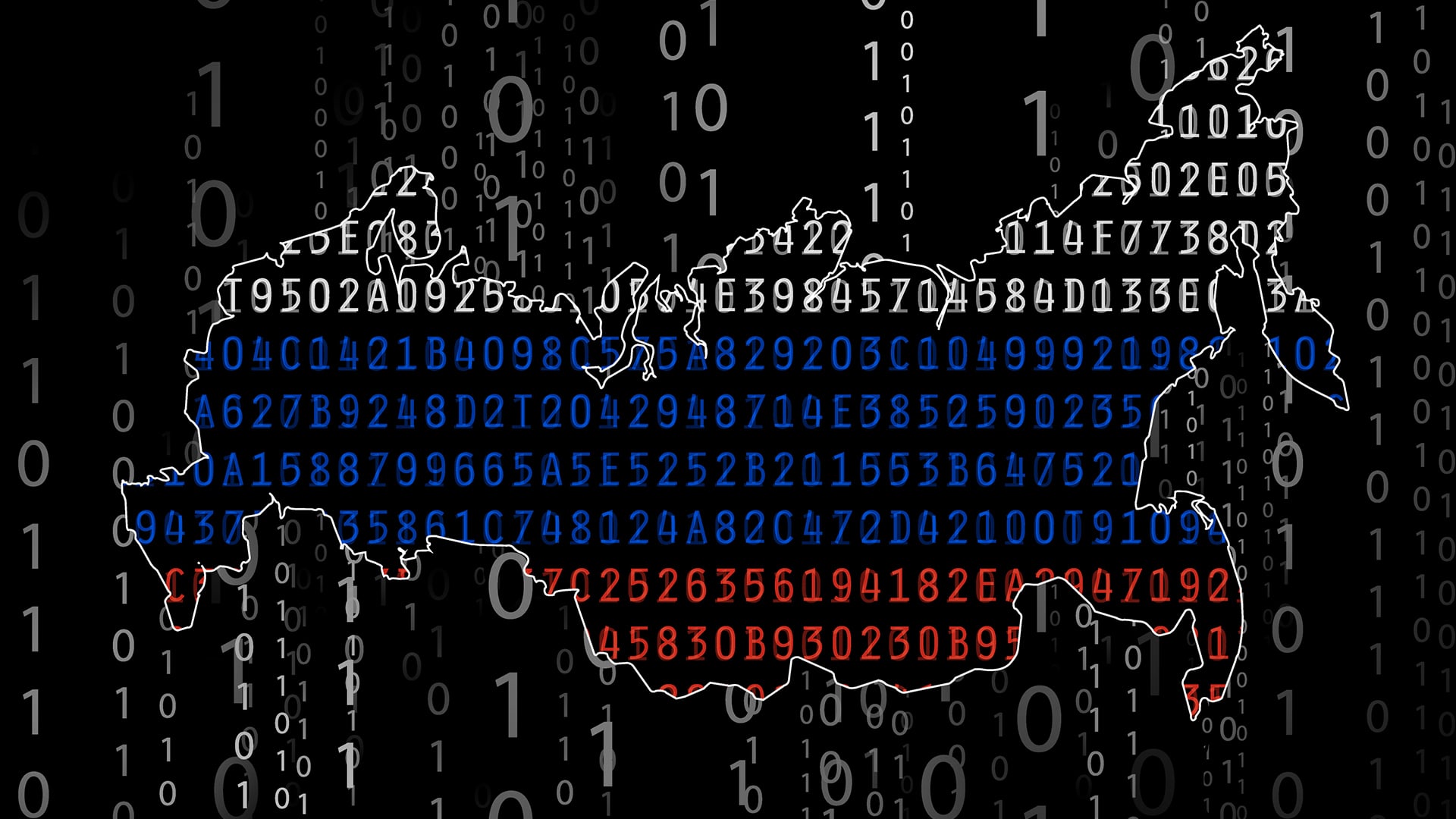
/cloudfront-us-east-2.images.arcpublishing.com/reuters/UULON5CXDNPLVFDCBZURJJI7BM.jpg)




